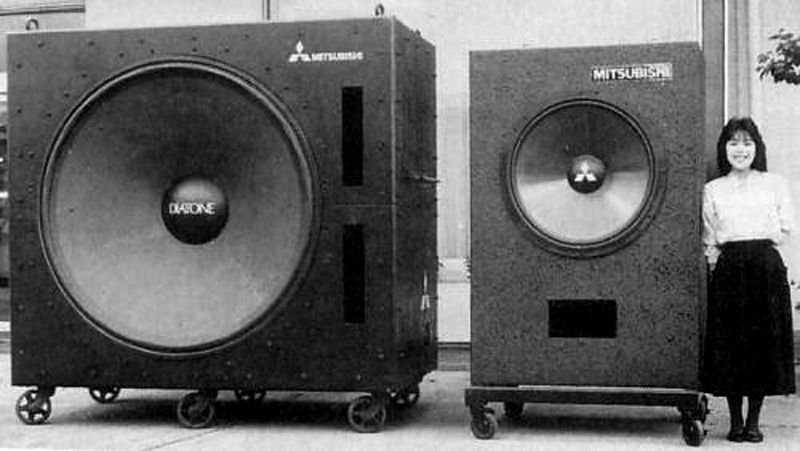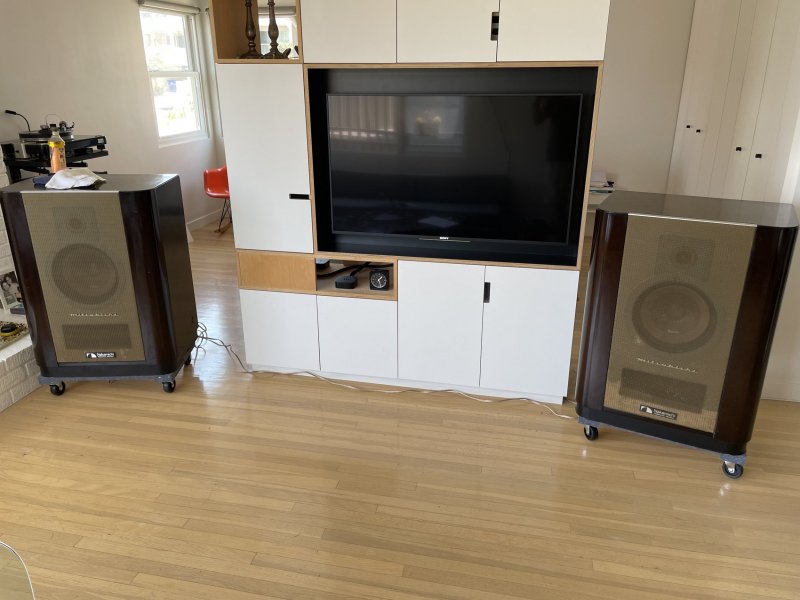I shared some of the lessons I learned from visiting David and meeting Tima over on Karen Sumner's SPACE: THE FINAL FRONTIER thread. The discussion got bogged down on semantics. I concluded one post there with this sentence which to me summarizes my visit to Utah, and serves as a kind standard for me: If a system is truly successful, we should leave thinking about the music and not about some aspect of the system sound. This met with some interesting resistance. I copy my response in that thread over here because it summarizes my thinking on the subject and is the essence of what I learned from David and his four systems. The more each of those systems achieved this ideal, the more successful I found it to be.
********************
Ron Resnick wrote: "It's all about the music" is a nice slogan for audiophiles to deploy to address cognitive dissonance arising from all of the time we spend talking about equipment and about sound.
I think it is a false dichotomy to establish as a test that if one leaves a listening session on a stereo system thinking even in part about the sound, then the system is a failure.
Ron, I do not think it is all about the music, but rather about the experience of hearing the music played over a system, and how it relates to one's experience with live music. I wrote “If the system is truly successful, we should leave thinking about the music and not about some aspect of the system sound.” I could add that my goal is achieving a similar experience to hearing the music live.
You can manipulate that comment and turn it into an absolute unqualified statement, but that was not my intention. The experience on which my comment is based is the reference system I heard in Utah. Now back at home reflecting on the experience, what I think about is how powerful Bach’s organ music sounded and filled the space like I hear the organ sound at my church. I think how Peter Schreier sounded singing Winterreise and how much it sounded like the experience in the music hall an hour north of me when I heard a similar performance with Al M. and my father. I think about Arthur Grumiaux and the concertgebouw orchestra led by Colin Davis, how he played his violin and how similar the overall experience was to what I have sitting in the tenth row at the BSO.
What I do not think about is the sound of David’s big system. In fact I struggle to even describe its character when asked by people about its sound.
I make this distinction because I hear systems and only think about particular sonic attributes like the dynamics and big sound. Characteristics which stay with the system for years and overwhelm the rest. I leave those listening sessions thinking about the sound of the system and not the music. Most systems have a defining character. Better systems have less of a character. The best systems have almost no character.
I am sharing my experience and describing what is possible. For me it is a test, and indication, of the success of the system. Almost all systems fall short of this ideal, but that is the point of a reference. It serves as a goal and a guide to help us make decisions. Isn’t that what What’s Best Forum is all about?
Karen Sumner‘s thread is about Space: the final frontier and how to achieve it. Since leaving Utah, I have a better appreciation for this aspect of reproduced music. The information is on the recording. If the system is sufficiently resolving, and the room and set up do not corrupt the information, the system should deliver a listening experience that should be about the music and not about the sound of the system.








